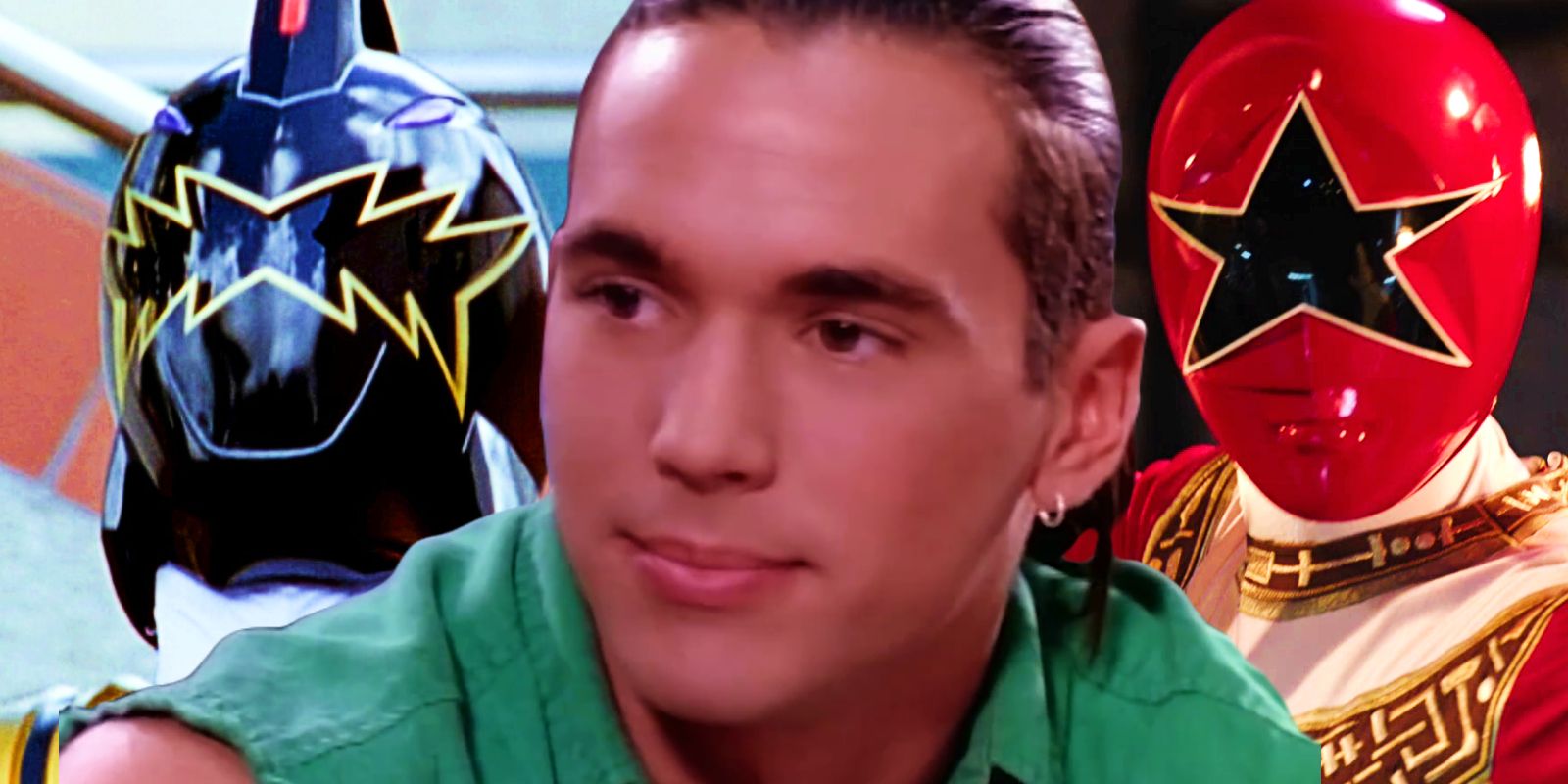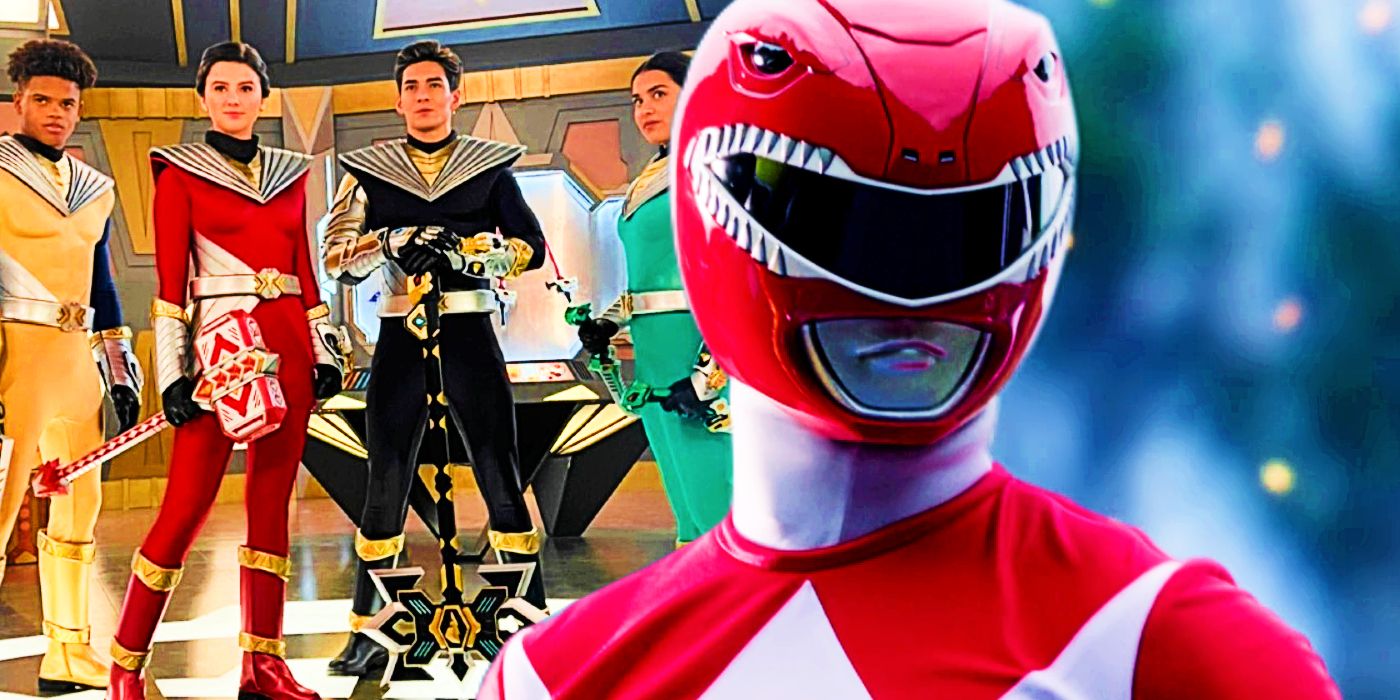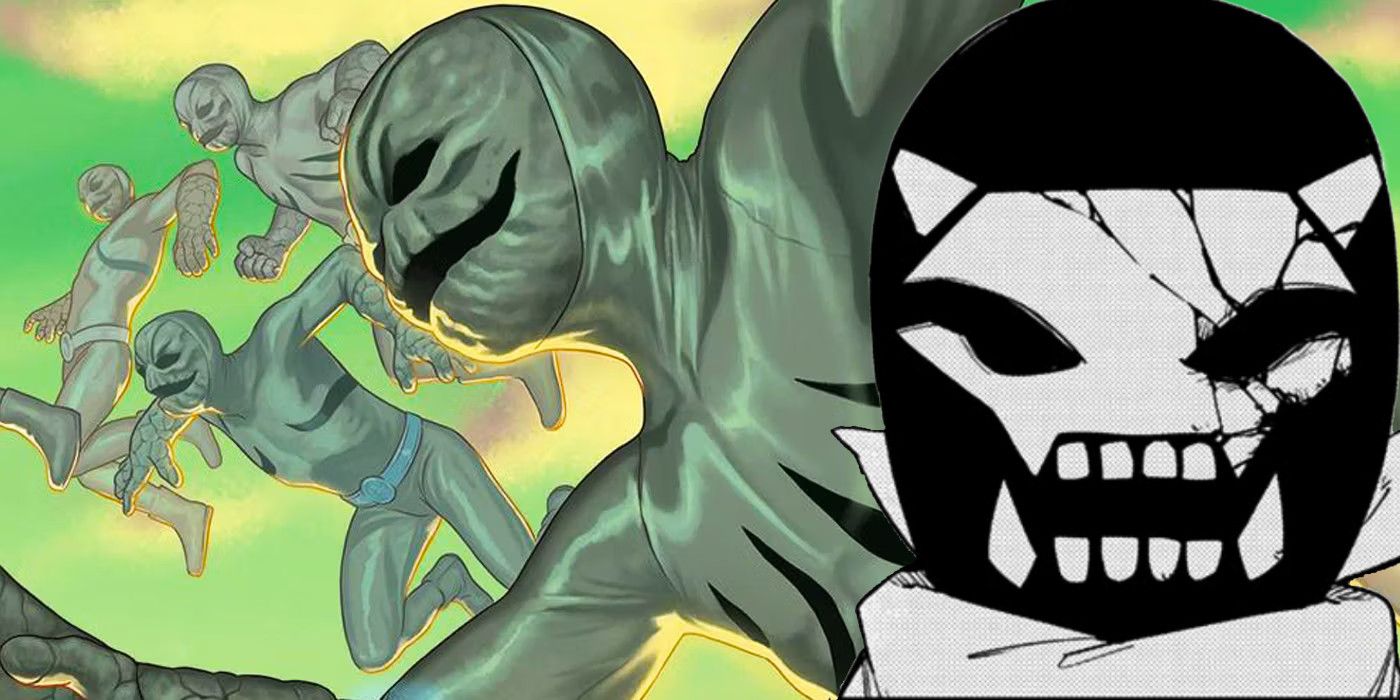
The Evolution of Power Rangers: From Teenage Trope to Mature Masterpieces

Exploring the transformation of Power Rangers from a show aimed at younger audiences to more mature and sophisticated storytelling, with a focus on key seasons that broke the traditional formula.
The Zordon Era: Teenage Trope and Transformation
Since its inception, Power Rangers has been a show aimed at younger audiences, with most seasons following a formulaic structure defined by the 'monster of the week' trope. The franchise rarely used terms like 'death' or 'kill' and incorporated comic relief characters like Bulk and Skull. However, some entries in the franchise evolved beyond this formula, allowing for more mature storytelling and character development.
Power Rangers in Space cast
One of the standout seasons that marked the end of the Zordon Era and the beginning of a shift in tone for the show was Power Rangers in Space. It broke the trend by taking the Rangers to space, introducing a non-Earthling Ranger, and exploring deeper, more tragic backstories. This season set the stage for a new direction in Power Rangers storytelling, paving the way for mature themes and character-driven narratives.
Red Ranger Andros in Power Rangers in Space
Mature Masterpieces: Breaking the Formula
While the franchise continued to cater to younger audiences, certain seasons grew beyond the traditional formula, offering more sophisticated and mature storytelling. Power Rangers Lost Galaxy, for example, shifted its focus to adult protagonists and explored darker themes such as sacrifice and loss. Similarly, Power Rangers Lightspeed Rescue presented a more 'grounded' approach, depicting Rangers as first responders rather than classic superheroes. These seasons provided a refreshing take on the Power Rangers universe, appealing to both new and older audiences.
Black Ranger, Yellow Ranger, Red Ranger, Pink Ranger, Blue Ranger
Another notable season that transcended the franchise's formula was Power Rangers Time Force, known for its clever time travel plot and darker, more intense storyline. It introduced the concept of an 'evil Ranger' and showcased the impact of combat on its characters. These mature themes and storytelling elements made Time Force a landmark for the Power Rangers universe, appealing to a wider audience beyond its core fan base.
Power Rangers in Space's Astro Delta Megazord
The New Age of Power Rangers: Embracing Maturity
In recent years, the Power Rangers franchise has continued to embrace maturity and sophistication in its storytelling. Power Rangers Cosmic Fury, for instance, broke away from traditional tropes by delivering a serialized narrative with high stakes and emotional depth. This season challenged the conventional format and offered a more intense and gripping portrayal of the Power Rangers universe, resonating with fans who sought a more mature and immersive experience.
Psycho Rangers from Power Rangers in Space
Additionally, non-traditional formats like Power Rangers HyperForce, a tabletop RPG campaign, and special releases such as Mighty Morphin Power Rangers: Once & Always, have expanded the franchise's storytelling capabilities. These unique projects have allowed for creative exploration of the Power Rangers universe, appealing to diverse audiences and demonstrating the evolution of the franchise's narrative possibilities.
Karone, Kay, Leo, Damian, and Maya in Power Rangers Lost Galaxy



















